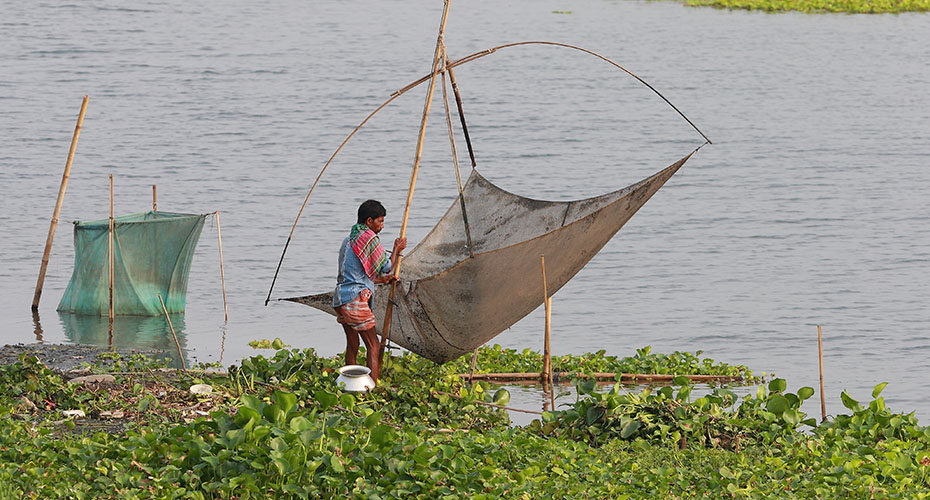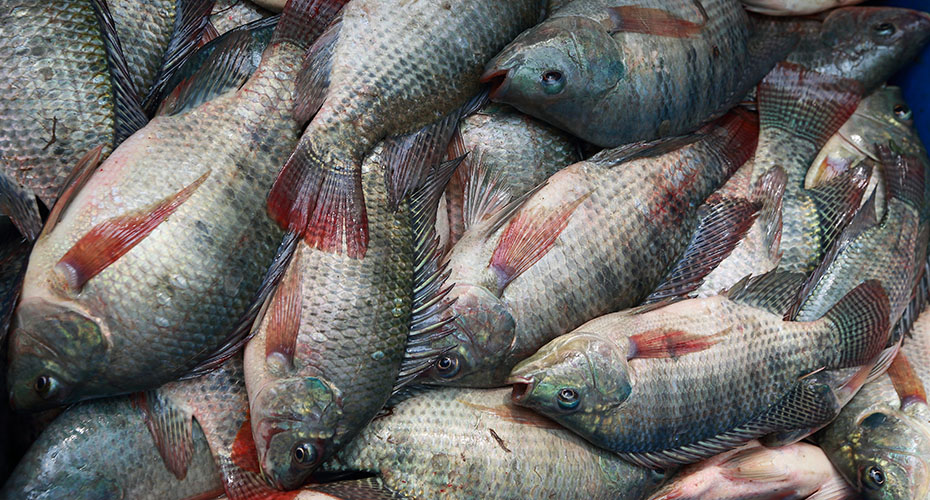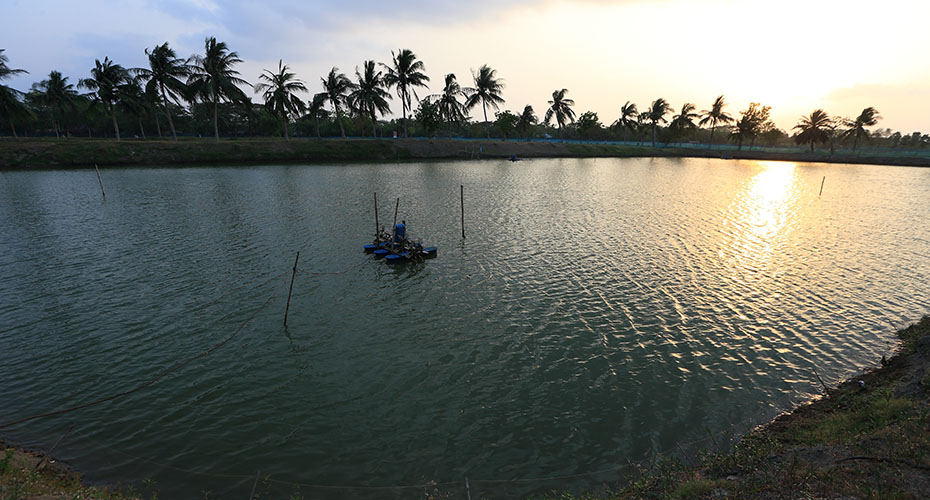About
About the Collaborative Centre for Sustainable Aquaculture Futures (SAF)
The Collaborative Centre for Sustainable Aquaculture Futures (SAF) was launched with an ambition of bringing together world-leading scientists to ensure the key challenges facing sustainable growth of the aquaculture industry are better understood, both in the UK and internationally.
Key issues to be addressed by the centre include:
- providing scientific support to reduce the $6bn annual losses due to disease in aquaculture
- providing evidence and tools to ensure that fish, shellfish, crustaceans and seaweeds produced in the global industry are safe to eat
- understanding how cutting edge molecular diagnostics, pathology, animal breeding and nutrition can be applied to assist seafood farmers, particularly in more vulnerable societies
- ensuring that aquaculture is developed sustainably, for the benefit of communities, economies and the environment
Speaking at Cefas' annual science conference, Environment Secretary Michael Gove, who officially launched the centre in October 2017, said:
"As we work towards a Green Brexit, it is crucial we tackle the challenges facing our marine environment and Cefas' commitment to scientific research and innovation has never been so important.
"The new centre not only establishes our position as a world leader in marine science and sustainability, but will prove critical to the health of our fisheries and the economic vitality of our coastal areas - helping us in our continued drive to leave the environment in a better state for the next generation."
A Strategic Alliance has existed between Cefas and the University of Exeter since 2011. The alliance has increasingly focussed on solving intractable problems in the sustainable supply of food from the aquatic environment. The formation of SAF strengthens this collaboration in the area of aquaculture.
Professor Charles Tyler, co-Director of the centre from the University of Exeter said:
"Making aquaculture 'work' for the environment and for society is a grand challenge and one which requires both broad thinking and, a truly interdisciplinary scientific team.”
Making aquaculture 'work' for the environment and for society is a grand challenge and one which requires both broad thinking and, a truly interdisciplinary scientific team.
Professor Charles Tyler




